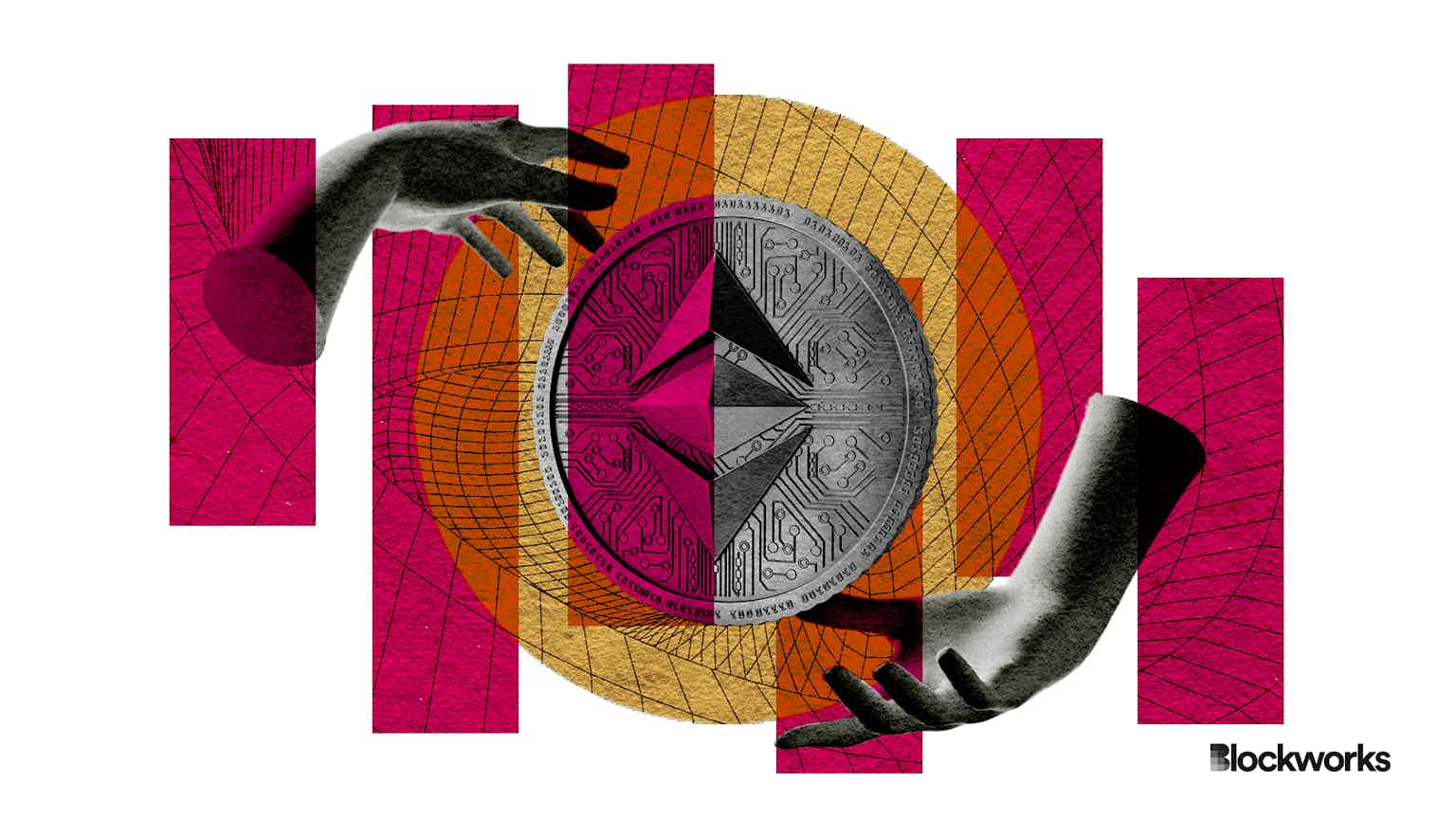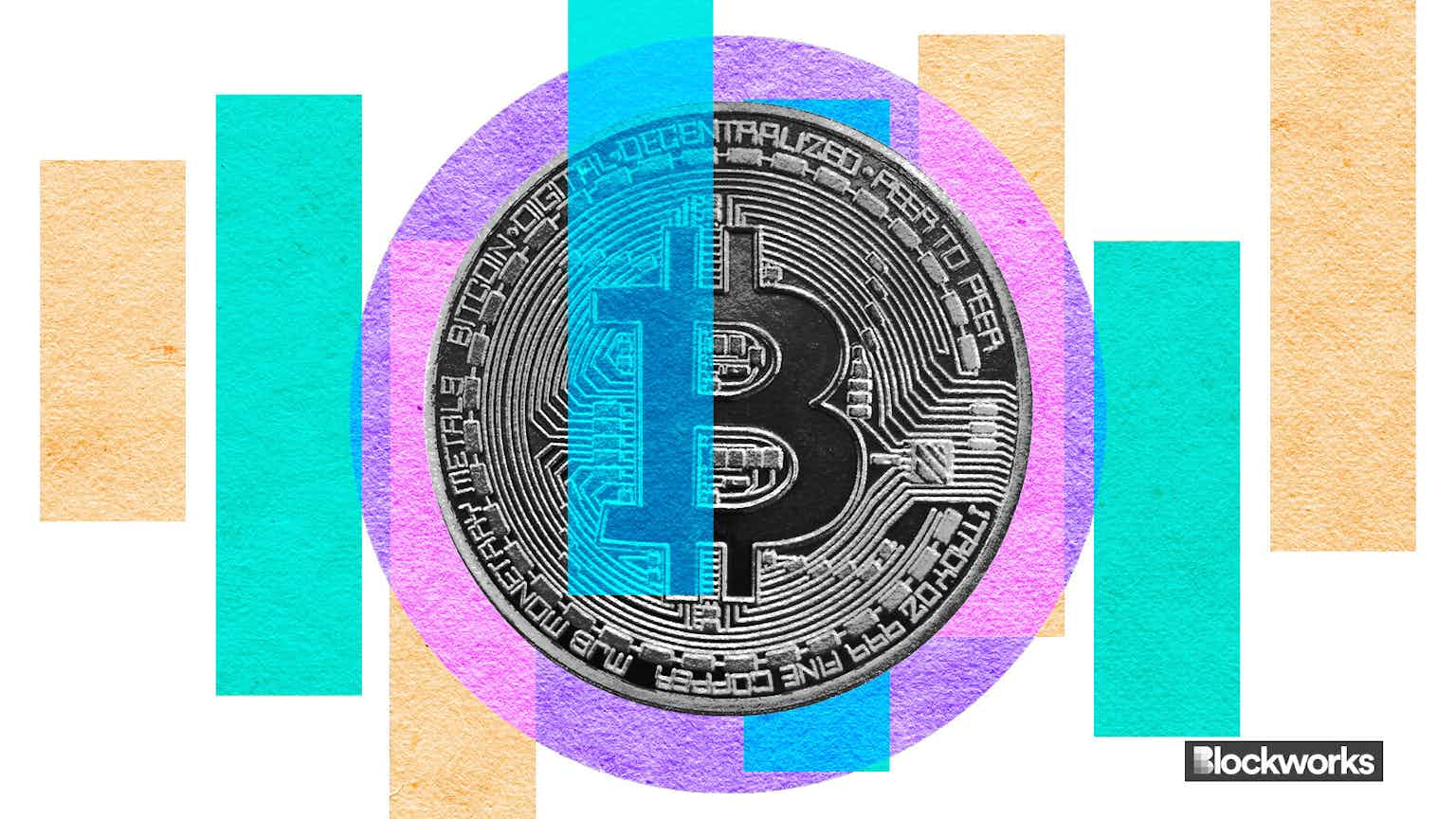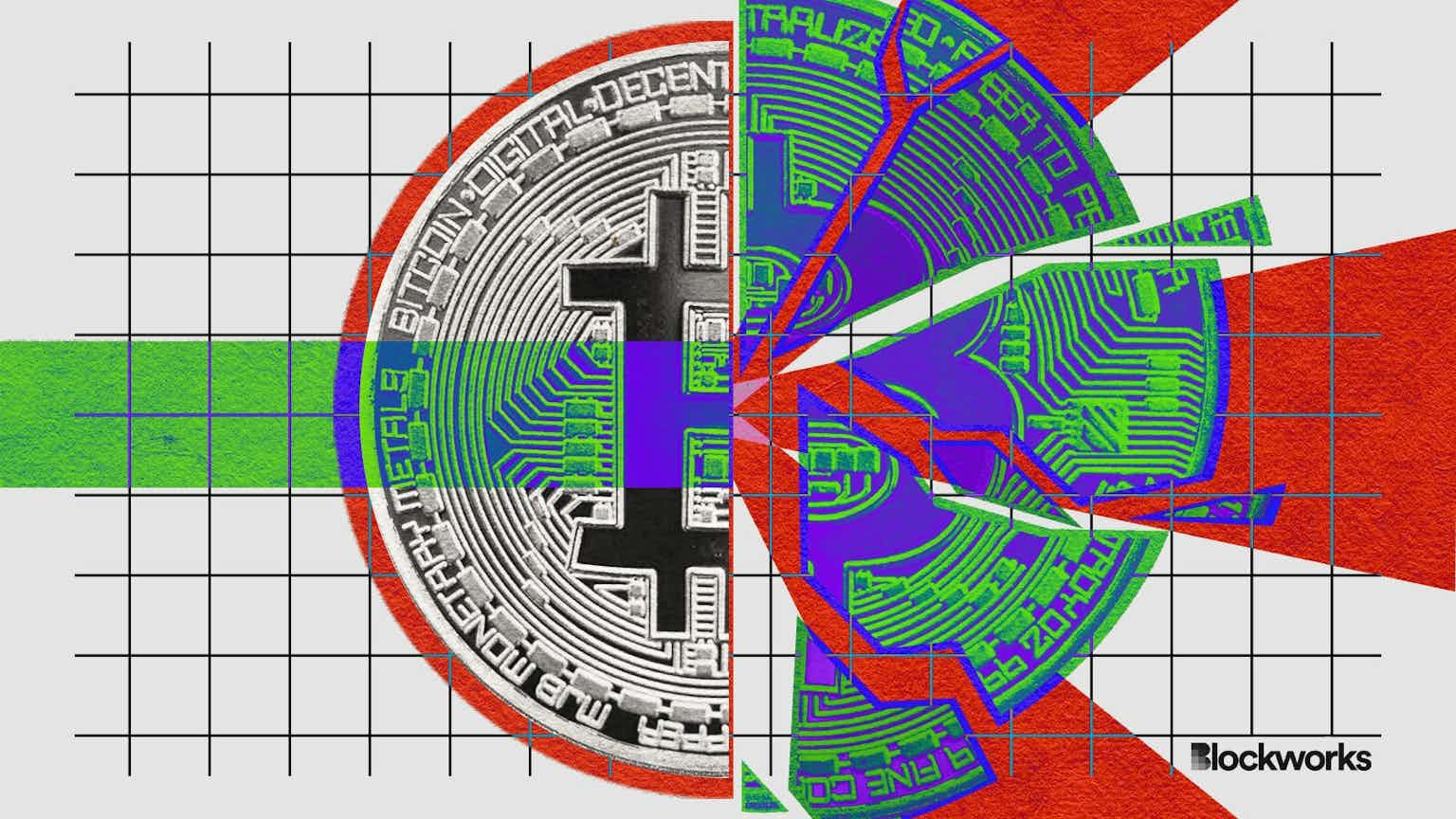Treasury’s Tornado Cash Sanctions Have Companies Stepping Back From Users
The Treasury Department alleges North Korea-backed hacking organization Lazarus Group used Tornado Cash to launder more than $455 million in stolen crypto

Source: DALL·E
key takeaways
- The US Treasury Department sanctioned Tornado Cash and related wallets Monday, prompting some companies to suspend accounts and freeze assets
- Roman Semenov, one of the three founders of Tornado Cash, said his GitHub account was suspended
In the hours after the US Treasury imposed its first-ever sanction against an on-chain decentralized finance protocol, Tornado Cash users and supporters took to Twitter to vent their frustrations.
The Office of Foreign Asset Control added Tornado Cash and 45 related Ethereum wallet addresses to the Specially Designated Nationals (SDN) list, meaning their “assets are blocked and U.S. persons are generally prohibited from dealing with them,” according to the Treasury.
Read more: Coin Mixers and Privacy Coins: Can They Resist Censorship?
The Treasury alleges North Korean-backed hacker collective Lazarus Group, which in May allegedly stole $625 million from Ethereum-linked sidechain Ronin Network, used Tornado Cash to launder more than $455 million in stolen crypto.
Tornado Cash repositories were removed from GitHub, an internet hosting service and grant provider for software development, following the sanction announcement, according to the now-deactivated webpage.
“My GitHub account was just suspended,” Roman Semenov, one of the three founders of Tornado Cash, tweeted Monday. “Is writing an open source code illegal now?”
In what would appear to be the first time a pool has been frozen — as opposed to an individual account — Circle has also frozen 75,000 USD Coin stablecoins belonging to Tornado Cash users, according to one Twitter account.
Crypto advocacy group Coin Center criticized the Treasury’s move to sanction Tornado Cash, saying it is just a technology that could be used by good or bad actors, in a statement.
“How is adding Tornado.cash to the SDN list different from past OFAC actions?” the statement added. “A smart contract is a robot, not a person.”
Although the circumstances are different, it’s not the first time the crypto industry has dealt with fast-moving US sanctions.
In February, following Russia’s invasion of Ukraine, sweeping sanctions against Russian entities prompted many crypto exchanges to consider blocking Russian users to comply with US sanctions laws. Exchanges Binance and Coinbase later blocked accounts associated with sanctioned Russian individuals and companies, a move that may have disappointed some digital asset enthusiasts but did not surprise legal experts.
Sanctions laws are clear, Yankun Guo, partner at law firm Ice Miller, told Blockworks at the time.
“A US company using crypto to sidestep sanctions with Russia will be in violation of US laws. It is as simple as that,” Guo said.
Don’t miss the next big story – join our free daily newsletter.





